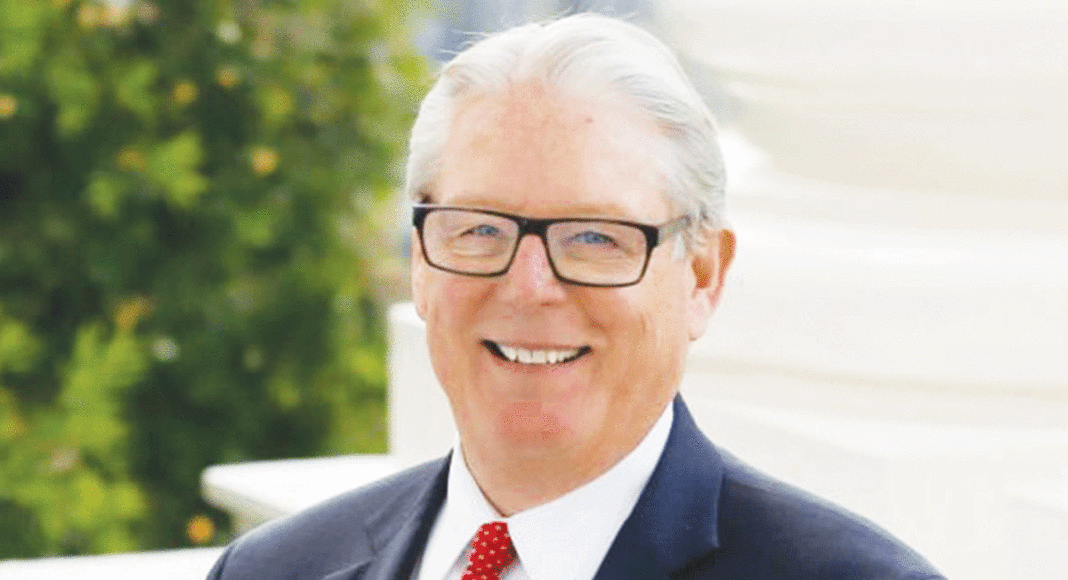Now that State Senator Bill Monning (D-Carmel) pulled his soda labeling bill from a State Assembly committee, the Central Coast politician may take one more swing at the effort next year—his final in the legislature.
The bill would require health warning labels on sweetened beverages like sodas, energy drinks and some teas. Monning says the media often portrays the narrative as him against the soda industry, which he says is only part of the story. “The objective is public health,” says Monning, who adds that he hopes to curb rates of obesity, preventable diabetes and tooth decay, especially among children.
Your soda labeling bill made it farther than ever this year. Do you see victory in that, or is it mostly just frustrating?
BILL MONNING: We’re encouraged that we got it through the Senate, but it remains an uphill fight. We were disappointed to be blocked in the Assembly Health Committee, but also not totally surprised. We do a pretty thorough outreach and vote count, so we knew we were short of the votes, but we still presented the bill and then did not ask for the votes. It became a two-year bill, so Senate Bill 347 is still in the active file, and we’ll make a decision after the New Year what our plans are, but there could be changes in the makeup of that committee. The biggest disappointment is the influence exercised by big soda in Sacramento. I probably visited each member once, and big soda probably visited them 10 times each.
Would you rather have a warning label on all sweetened beverages statewide or a tax on them?
They’re really not mutually exclusive. The problem we face in the legislature—and one reason I’ve promoted the label warning—is the tax is a two-thirds vote in the legislature, and the label warning is a majority vote. So with the power of big soda, the prospect of securing a two-thirds vote on a soda tax is really, really a tough one. The warning label has been proven to be tough as well. They both serve a public health function.
La Croix or Diet Coke?
Is there any added sugar in [La Croix]?
No.
So then, I would opt for La Croix. I’m not a promoter of diet sodas because I don’t know what’s in ’em. I know they don’t have added sugar, but I also don’t know the health impacts of some of the artificial sweeteners. To me the number one public health choice is water.
One thing that’s been missed, when people point out our failures on soda tax and label warning, was our big victory last year. Any children’s menu statewide in any restaurant has to offer milk or water as the default choice. A parent or consumer can override that. They can still order a soda, but in the posted menu, when you order a children’s meal, they are required by law to offer milk or water. That was my legislation, Senate Bill 1192, which actually got bipartisan support.
You briefly proposed a bill in 2012 to keep food trucks 1,500 feet from schools. Have you since discovered any food trucks you like?
There’s a lot of food trucks I like. They offer a lot of options and a lot of cultural foods, etc. There’s a real distinction between food trucks that park outside of schools—they’re not selling $15 lasagnas or gourmet foods. They’re pushing sodas and potato chips and Cheetos. That’s what we were seeking to curb. Part of that was based on state law that was passed when Schwarzenegger was governor that did ban sodas from California schools. The food trucks set up just outside the schools, knowing that the kids aren’t having access to sodas inside the school, so they’d get them outside the school.













